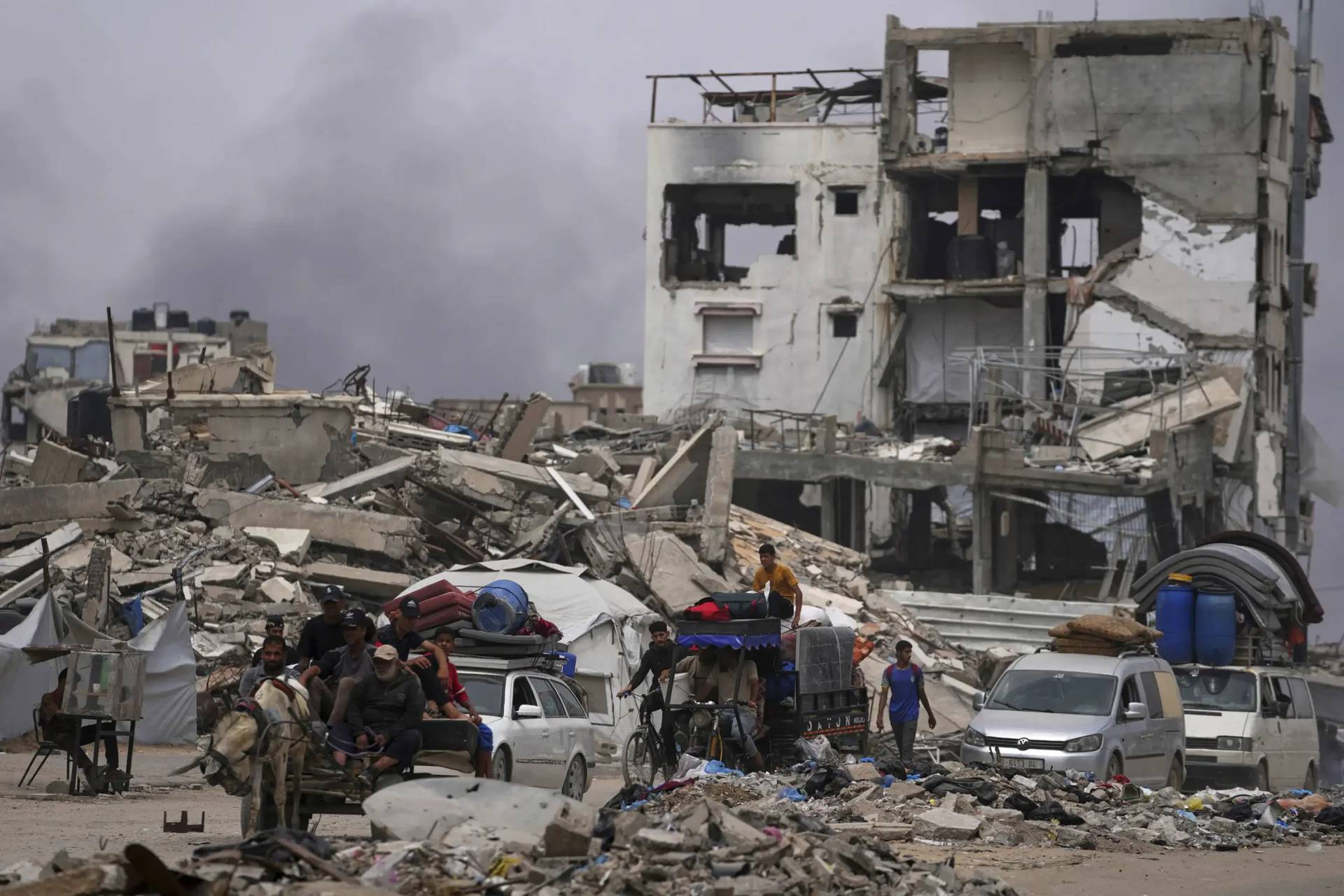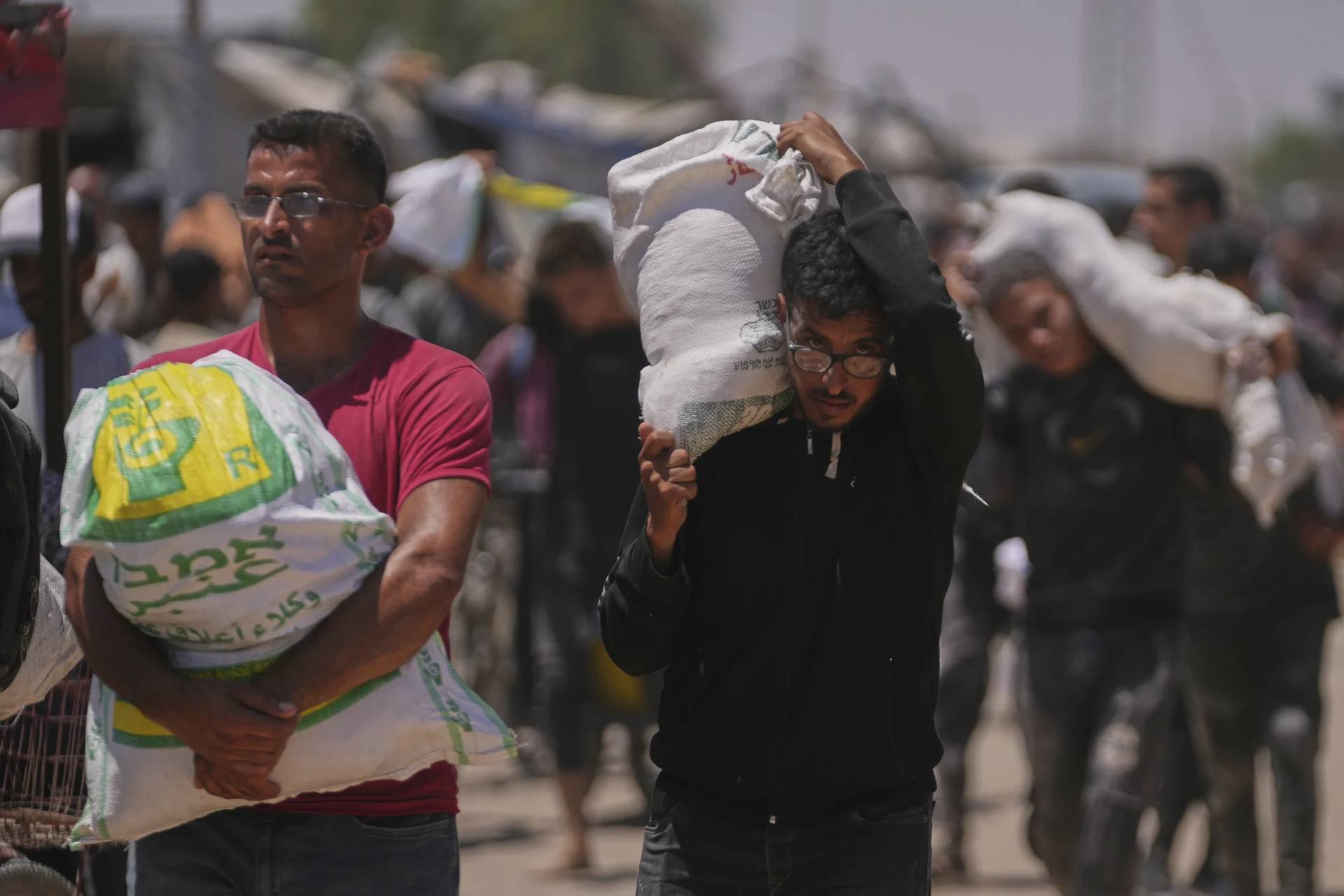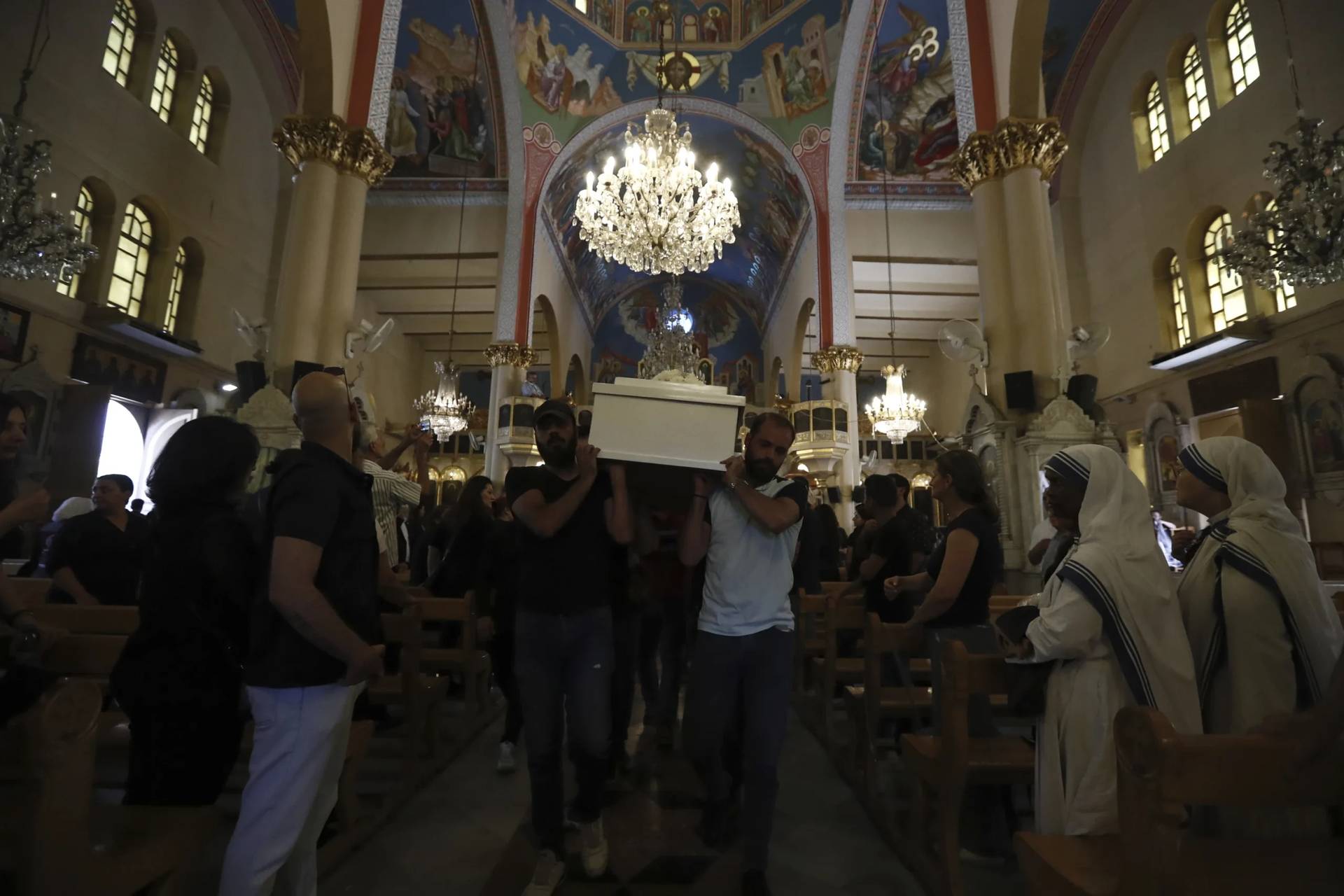ROME – Two deadly suicide bombs rocked Baghdad Thursday morning, casting further doubt on Pope Francis’s upcoming March visit as concerns over security and the risks surrounding the coronavirus increase.
In a Jan. 21 telegram from Vatican Secretary of State Cardinal Pietro Parolin to Iraqi President Barham Salih in the wake of Thursday’s attack, Parolin said the pope was “deeply saddened” by the incident.
“In deploring this senseless act of brutality, he prays for the deceased victims and their families, for the injured and for the emergency personnel in attendance,” he said, voicing confidence “that all will continue work to overcome violence with fraternity, solidarity and peace.”
The bombings happened at a crowded second-hand clothing market in the Iraqi capital left at least 32 people dead and 110 wounded. The bombers reportedly detonated their explosives as they were being pursued by security forces.
Thursday’s bombings, which marked the first of their kind in nearly two years, have been blamed on ISIS, although no group has yet claimed responsibility.
Although ISIS was overthrown at the end of 2017 after a 3-year occupation of the northern Nineveh Plain, sleeper cells have remained active, and local security believes the Jan. 21 bombings carried the typical characteristics of an ISIS attack.
These types of attacks have diminished in recent years, the last such bombing taking place in June 2019, which left six people dead.
Thursday’s attack adds to the doubt over the likelihood of Pope Francis’s planned visit to Iraq March 5-8, during which he is expected to make stops in Baghdad, Erbil, Qaraqosh, Mosul, and the Plain of Ur.
During an interview with an Italian newspaper earlier this month, Francis hinted that the trip could be called off, saying he had to cancel other scheduled trips due to COVID-19 because “in good conscience, I can’t be the cause of gatherings of people.”
“Now I don’t know if the trip to Iraq can take place. Life has changed,” he said, amid increased frustrations in both Europe and North America over a delay in the production of the Pfizer vaccine after the company earlier this month announced a temporary reduction in deliveries to scale up its Belgium factory.
The pandemic has shown no signs of abating and with the global death count continuing to rise, the papal trip to Iraq seems less realistic given ongoing travel complications and the risk of contagion.
Pope Francis has made no secret of his desire to visit Iraq, and some thought a trip might even have been on the schedule for 2020 prior to the coronavirus outbreak.
Iraqi Chaldean Patriarch Louis Raphael Sako has been another dominating force pushing for the papal visit to take place.
Though he said he was surprised when the trip was announced in December, Sako has been campaigning for the trip for several years and has been working with Iraqi government officials to facilitate the conditions for a papal visit.
In October, Sako met with Salih to discuss the country’s observance of Christmas – a meeting which led to the Iraqi parliament to formally declare Christmas an annual national holiday.
Salih, who is Muslim, attended Christmas Eve Mass with Sako, during which he said the country’s government not only should make every effort to defend Christians and help them return, but to clamp down on extremist violence and root out government corruption.
After Pope Francis’s interview comment saying the March trip to Iraq might not happen, Sako published a prayer on the Chaldean patriarchate’s website for the pope’s visit, to be said every Sunday after Mass.
In the prayer, Sako asked that God grant the pope “health and safety to carry out successfully this eagerly awaited visit.”
“Bless his effort to promote dialogue, enhance fraternal reconciliation, build confidence, consolidated peace values and human dignity,” especially for Iraqis who lived through many painful experiences, he said.
“We entrust Pope Francis’ visit to your maternal care so that the Lord may grant us the grace of living in a complete national communion, and cooperate fraternally to build a better future for our country and our citizens,” he said.
Even if the trip does not happen in March as originally planned, Sako has expressed confidence that the visit will take place, eventually.
In an interview published in Vatican Insider Jan. 15, Sako said the pope “will come. Hopefully in March, as announced, but naturally it all depends on the health situation.”
“If he said it, the Holy Father will do it,” Sako said, adding, “He will certainly come to Iraq. He knows the situation of the pandemic and does not want to harm anyone, but caution does not mean that he has changed his mind, the intention is there.”
Earlier this month a Vatican delegation traveled to Iraq to evaluate security. At the time, Sako said there was “no danger,” however, this latest attack, which proves that the threat of extremist violence has not gone away, could change the calculus.
Although infection rates have gone down in Iraq in the past few weeks, and authorities Jan. 19 approved the use of vaccines by UK-Swedish company AstraZeneca and China’s Sinopharm for emergency use, since then many have abandoned restrictive measures such as distancing and mask-wearing, prompting fear among some health experts that another massive outbreak is looming.
Follow Elise Ann Allen on Twitter: @eliseannallen


















